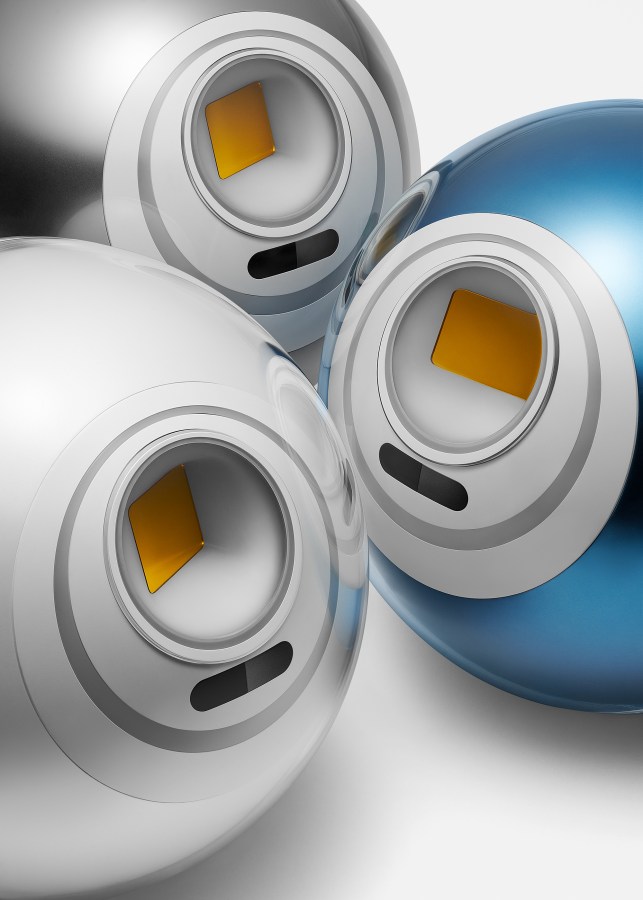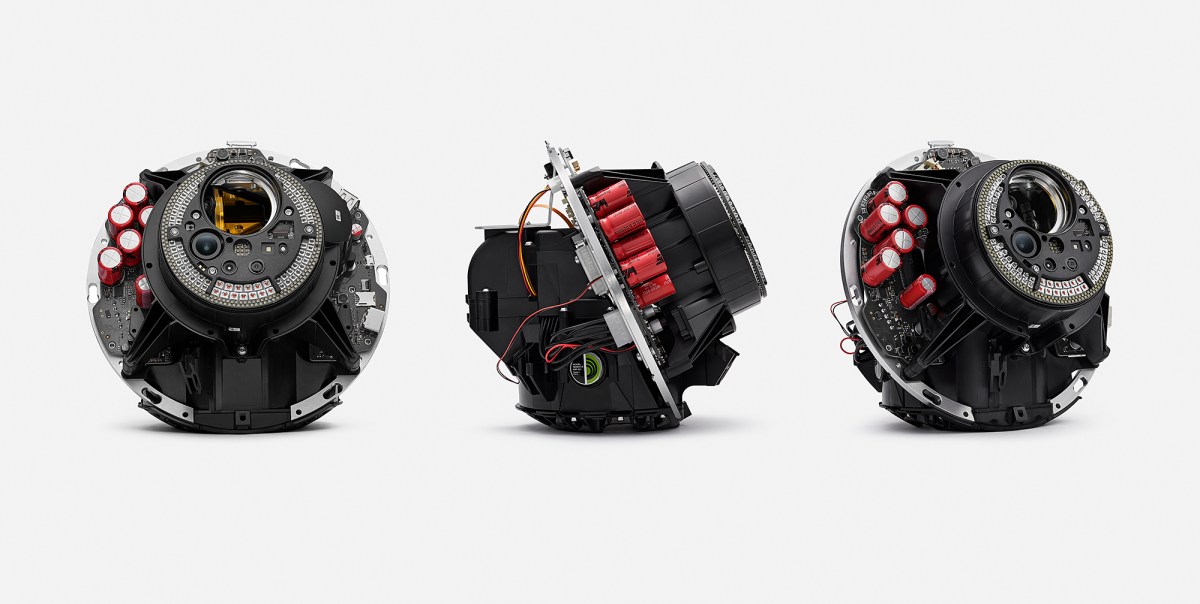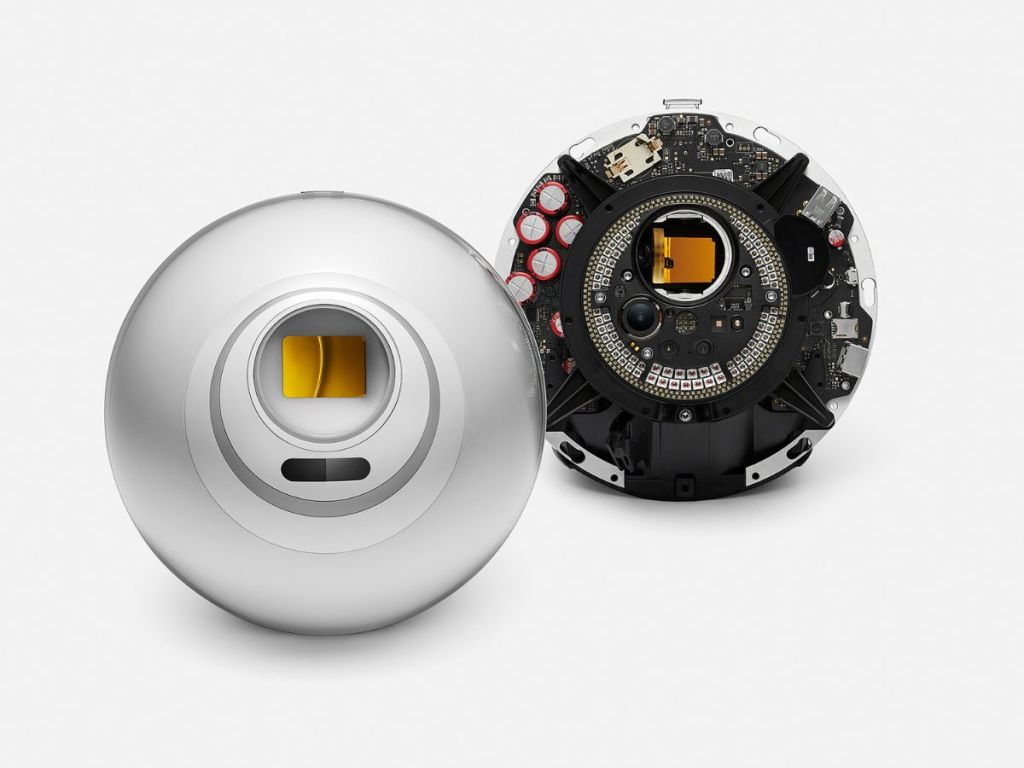There is a new way to sign in to social media platforms, email accounts, streaming services, just about anything, without having to give these tech giants our personal details. It’s a new type of web identification called World ID. The company providing this service is called Worldcoin, and at its helm, among others, is Sam Altman, co-founder of OpenAI’s ChatGPT.
Worldcoin is designed to be a cryptocurrency used across the world. And, for impoverished people, Worldcoin says it will pay them a universal basic income (UBI) if they qualify. All you have to do to join up is get your eyeball scanned – by an alien-like orb – when a representative comes to your neighbourhood. When this is done, you will have your World ID. While the ID’s primary use is for the Worldcoin cryptocurrency, as of yesterday the ID can also be used separately as a global ID. It’s like a unique passport for the internet that any global citizen can acquire.
How it works
Worldcoin says that the iris is unique in everyone, like a fingerprint. According to the company’s claims, they scan the iris, change it into a numerical code, and then use that code to issue a unique ID for the World ID system. The iris information is reportedly dumped after the process (unless the customer wants to opt in for other services, then the iris info is retained).
Why do we need this, though? Wordcoin said in a statement to The Chainsaw that with the rise of AI, “differentiating between humans and machines online is becoming more challenging.”
“As digital ad fraud is projected to reach US$100B worldwide in 2023, tools are needed to effectively combat this growing expense and provide users with enhanced privacy protections.”
So there are three leaps of faith we need to take here. We need to trust that Worldcoin will keep our biometric data safe, and that big tech, who already knows too much about us, will accept this type of “anonymous sign in”. Plus we will have to accept the idea that bot danger is a thing.

Also, people have learned the hard way not to trust that big tech has our best interests at heart when it comes to our personal data and with other information. According to some surveys, up to 86% of respondents don’t trust big tech as far as they can throw them. 86% is a big figure, so why would people be willing to hand over their eyeballs to this new company?
World ID: Global sign in
Worldcoin is pushing on, however. They have just announced that they have integrated with the world’s largest identity provider. It is called Okta’s Auth0 Marketplace. They say that with this collab, anyone on the World ID system will be able to log into websites and apps easily and anonymously.
If you use your Gmail account, for example, to sign in to websites or social media accounts, Google learns a lot about your online behaviour and can even scan your emails. Gmail shares some limited information with the companies that you sign in to. But World ID promise that no company will know anything about you except that you are verified as human.
Here’s how it works. Using World ID, when you want to sign in to a website or app that uses “Sign in with Worldcoin,” you click a button that says “Sign in with Worldcoin.”
After clicking that button, a QR code appears on the screen. To complete the sign-in process, you use the World App or another app that can read the QR code and it verifies that it’s you. Once it confirms your identity, you’re logged in to the website or app without having to type in a username or password.
For developers who want to use “Sign in with Worldcoin” on their websites or apps, they can register their app on a special website called the Worldcoin Developer Portal and get the codes.

World ID: Why is this better?
World ID says it “enables seamless sign-in to websites, mobile apps and crypto dApps [apps that run on blockchains, rather than on the internet like normal apps] while proving you’re a unique and real person without sharing personal data like names, emails, etc.”
It is hard to imagine big tech agreeing to this. After all, our personal details, like age and location — our demographics — are what it sells to advertisers. Without this, advertisers are casting a very wide net.
With the Okta integration, World ID says, “tens of thousands of web2 apps and services and millions of users will benefit from privacy-preserving zero-knowledge proofs powered by the Worldcoin protocol.”
Social media thinks they know a lot about us. But what do they know, really? Phone numbers can be changed easily, and everyone these days has multiple email addresses. Anyone can lie about their age or official location. Currently we don’t have to prove who we are in a legal sense to be on social media. While there are ways to verify that you own the account, like an email address and a phone number used together (called 2FA), this doesn’t prove actual identity.
World ID is a bit different though. It’s biometric data, and it will identify you until the day you die, unless you get an eyeball transplant. It’s hard to know what to think of this. Is this another big tech company promising to protect our data but that might not be able to? And do we trust them to do that?
This might be a solid case of “let’s wait and see.”





